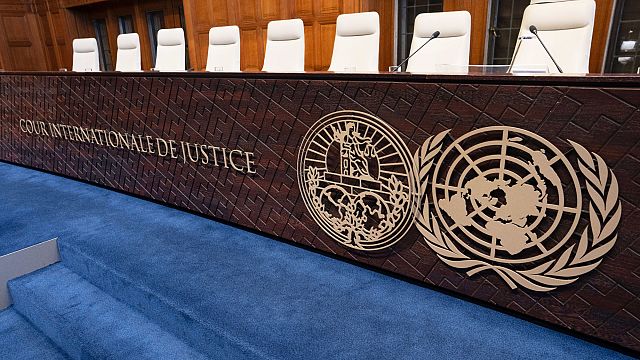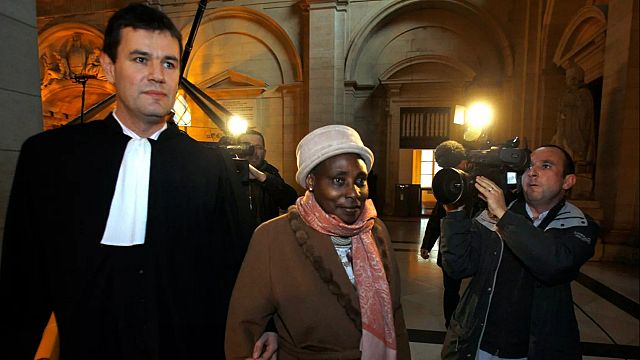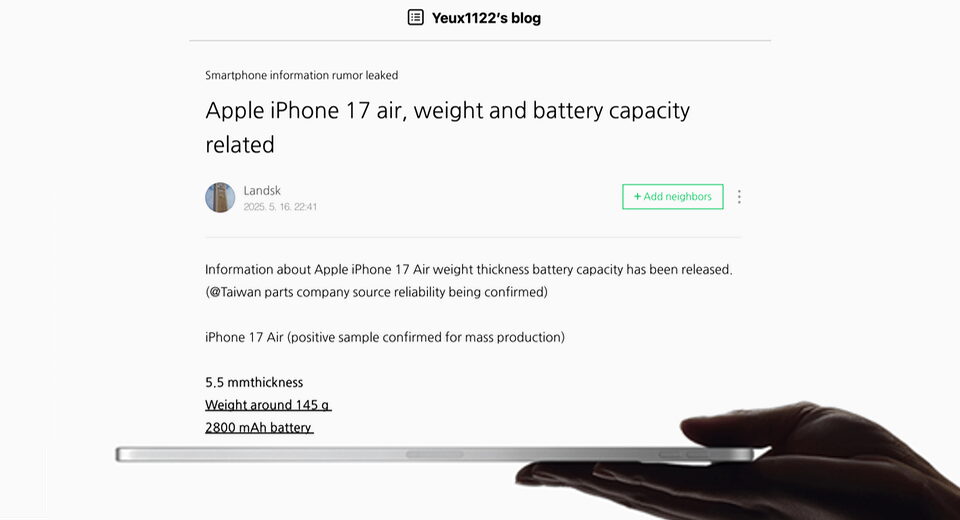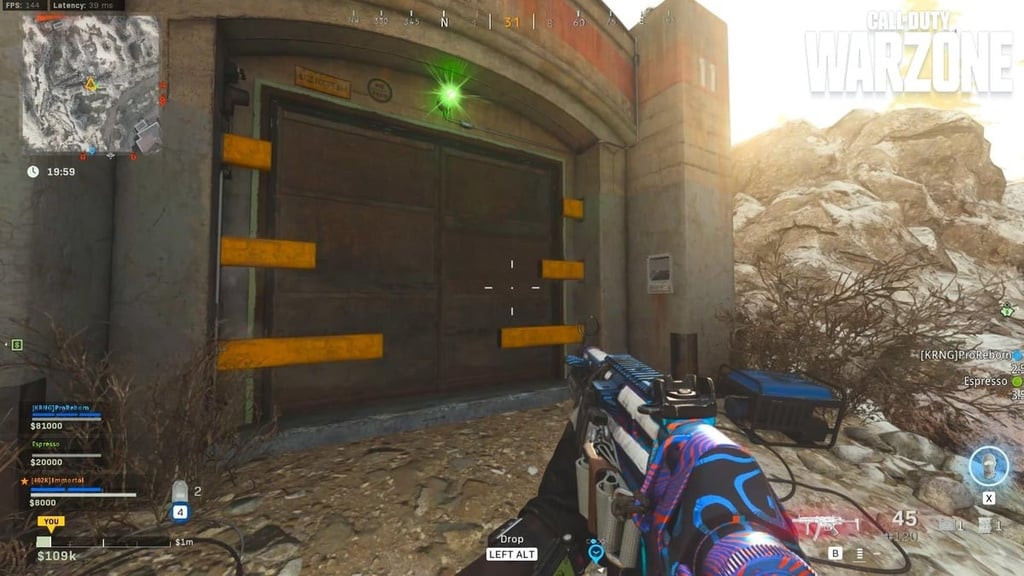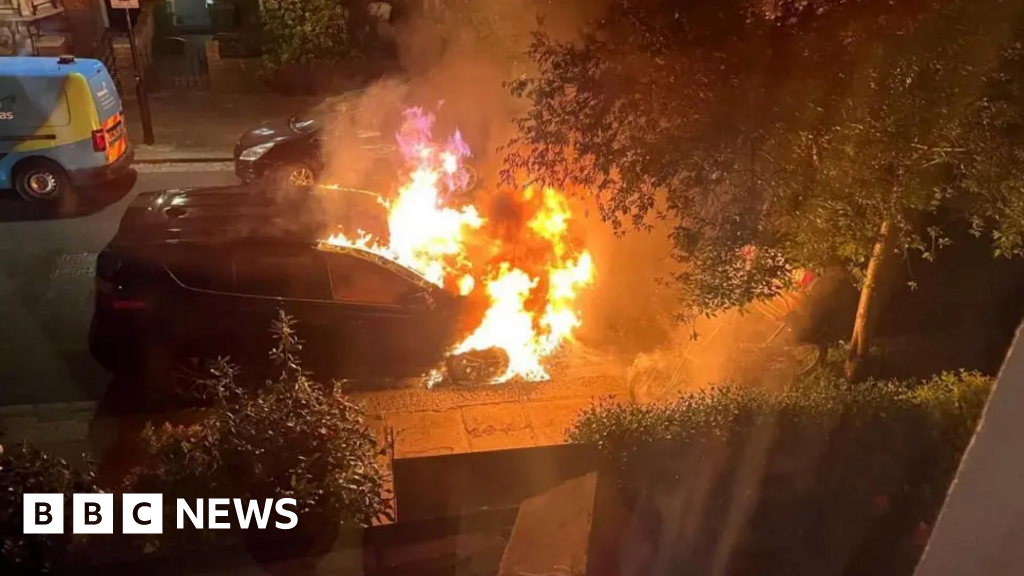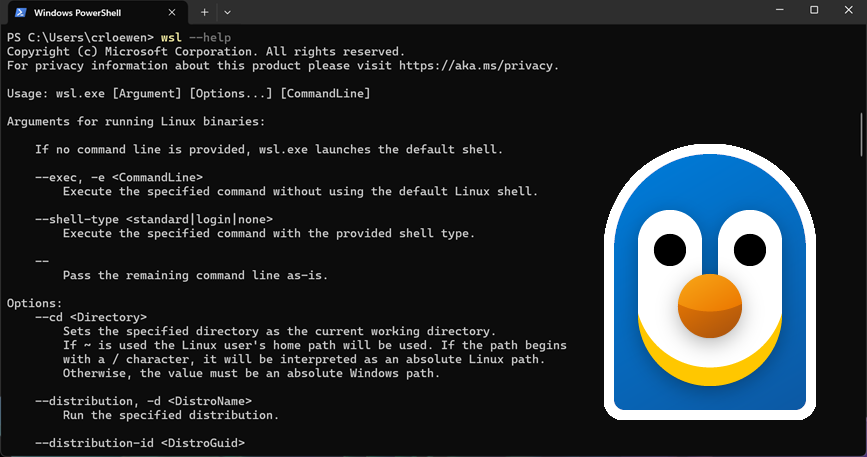Supreme Court Lets Trump Lift Deportation Protections for Venezuelans


The Supreme Court on Monday let the Trump administration, for now, remove protections from nearly 350,000 Venezuelan immigrants who had been allowed to remain in the United States without risk of deportation under a program known as Temporary Protected Status.
The court’s brief order was unsigned and gave no reasons, which is typical when the justices rule on emergency applications. No vote count was listed, although Justice Ketanji Brown Jackson noted that she would deny the administration’s request.
The justices announced they would allow the Trump administration to end the protections pending appeal of the case, potentially allowing the administration to move ahead with deportations. The justices also clarified, however, that they would preserve the ability of individual immigrants to bring some legal challenges if the government tried to cancel their work permits or to remove them from the country.
The court has been inundated with applications arising from President Trump’s blitz of executive orders, many of them seeking to pause or limit trial court rulings blocking the administration’s aggressive agenda, notably in immigration.
This case started in February, when Kristi Noem, the homeland security secretary, terminated an 18-month extension of Temporary Protected Status that had been granted to Venezuelans by the Biden administration. People affected by the change sued, saying that the move violated administrative procedures and was influenced by racial bias.
In March, Judge Edward M. Chen of the Federal District Court in San Francisco blocked the administration’s efforts to remove the protections while the case moved forward. He said the plaintiffs had demonstrated that they were likely to succeed in showing that Ms. Noem’s actions had been “unauthorized by law, arbitrary and capricious, and motivated by unconstitutional animus.”
Judge Chen found that terminating the initiative would inflict irreparable harm “on hundreds of thousands of persons whose lives, families and livelihoods will be severely disrupted, cost the United States billions in economic activity and injure public health and safety in communities throughout the United States.”
The U.S. Court of Appeals for the Ninth Circuit rejected the administration’s request that it pause Judge Chen’s ruling.
The Temporary Protected Status program, enacted by Congress and signed into law by President George H.W. Bush, allows migrants from nations that have experienced national disasters, armed conflicts or other extraordinary instabilities to live and work legally in the United States.
Mr. Trump has tried to end protections under the program as he seeks to make good on his campaign promise to deport millions of immigrants. His efforts aimed to terminate the protections for nearly 350,000 people in early April, and for hundreds of thousands more later this year.
In the administration’s emergency application, D. John Sauer, the solicitor general, wrote that the law creating the program specifically barred judicial second-guessing of the executive branch’s decisions. A provision of the law said that there was “no judicial review of any determination” concerning “the designation, or termination or extension of a designation, of a foreign state.”
Judge Chen said that the provision did not prohibit him from deciding whether Ms. Noem was authorized to vacate the protections.
Mr. Sauer also criticized the scope of Judge Chen’s ruling, echoing a complaint the administration has made to the justices repeatedly in its requests for their intervention on various issues.
“The district court entered nationwide relief supplanting Secretary Noem’s assessment of the national interest — an area into which a district court is uniquely unqualified to intrude,” Mr. Sauer wrote.
Mr. Sauer asked the justices to act promptly. “This court’s immediate attention is especially warranted,” he wrote, “because protracted litigation will effectively preclude the president from enforcing a critical component of the administration’s immigration policy.”
Lawyers for the challengers responded that the law creating the program strictly limited early terminations of protections, adding that Ms. Noem’s action was not authorized under the law. “Nowhere does the statute grant the secretary authority to vacate or rescind an extension,” they wrote.
They added that Mr. Sauer’s approach “would leave federal courts powerless to stop even blatantly lawless agency action — whether to restrict T.P.S. or expand it.”
The Supreme Court has fielded several other emergency applications involving Mr. Trump’s immigration policies. In one, the administration asked the justices to allow it to proceed with a plan to revoke deportation protections for migrants from four troubled countries under a program known as humanitarian parole.
In another, the court ordered the administration to facilitate the return of Kilmar Armando Abrego Garcia, who had wrongly been sent to El Salvador, where he remains.
What's Your Reaction?
 Like
0
Like
0
 Dislike
0
Dislike
0
 Love
0
Love
0
 Funny
0
Funny
0
 Angry
0
Angry
0
 Sad
0
Sad
0
 Wow
0
Wow
0





